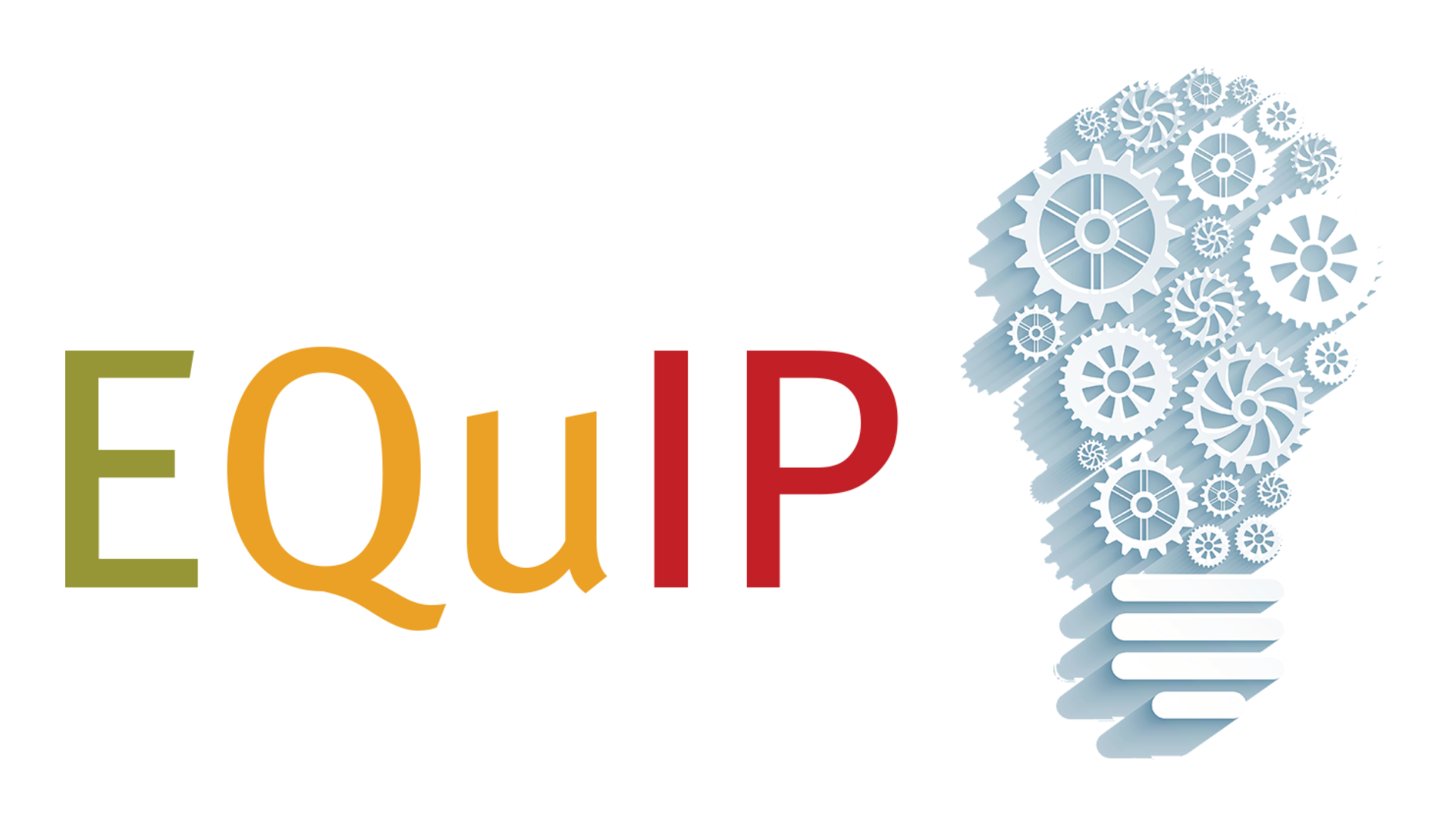EQuIP Project
Published: 2023

In recent years, the demand for industrial policies has been sharply on the rise, as governments search for blueprints to navigate through ever changing global dynamics. Following an extended period where industrial policy has been out of fashion with many, countries that developed industrial policies often tried to replicate success stories such as those of the Asian Tigers.
Today, however, the global economy looks very different. In addition to the fragmentation of production, the tightening of international trade and investment rules and rising economic powers shaping the competitive space, very recent emerging trends such as the rise of digitalization, the demand for green technologies, the growth of conscious consumerism, as well as the waves of shocks of the COVID-19 pandemic, have left many economies uncertain of how to best develop industrial sectors that are resilient, competitive and adaptive enough to thrive today. Simultaneously, there has been a growing appreciation for the need of inclusive and sustainable industrialization trajectories, as promoted by the Sustainable Development Goals (SDGs).
Designing an industrial policy in the 21st century is a complex task. There is no one-size-fits-all policy. Industrial policies are highly country- and time-specific, with a responsibility to contribute to the wider development goals of a nation, while focusing on the particular needs of a sector and taking into account global trends and expected future developments. Furthermore, policies need to have sufficient flexibility to adapt to changing circumstances.
The industrial sector's capacity for modernization, competitiveness, and sustained progress is not automatic; it hinges on deliberate industrial policy actions. The shift towards a more dynamic landscape of global economics underpins the need for strategic interventions that can guide structural changes in the economy towards relative productive activities with the highest potential. Recent years have witnessed a renascence of industrial policy, placing it prominently on the global political agenda. This revival is rooted in a recognition of the industrial sector's crucial role in economic resilience and growth, spurred by contemporary challenges and recent global events. Countries have increasingly sought to adopt policies that not only bolster their industrial base but also address broader economic vulnerabilities and strategic dependencies.
The EQuIP toolkit is one important ingredient helping to enhance the quality of industrial policies by contributing to the need of policies to be evidence-based. The toolkit consists of a set of analytical tools, covering all three aspects of inclusive and sustainable industrial development, namely economic, social, and environmental outcomes. With the EQUIP diagnostic tools, policy practitioners can develop and rely on a comprehensive, multidimensional assessment of the industrial sector that empirically highlights its strengths and weaknesses. The EQUIP diagnostic tools were developed specifically to offer a solid foundation for such an examination, covering a range of economic, social and environmental aspects. The aim is for policy practitioners to have a clear understanding of i) the economic performance and trajectory of the sector; ii) how inclusive it has been in terms of providing productive and decent jobs for men and women, and iii) the extent of the sector’s impact on the environment, and whether there have been effective efforts to limit these.
The EQuIP toolkit consists of 8 topical tools, as well as a “Tool 0”, which discusses how to use the EQuIP tools in industrial policymaking. A tool is represented by a document that discusses a topic conceptually, explains how it is relevant to industrial policymakers, and details how to calculate indicators, where to source data from and how to interpret the results. The tools are freely available and are self-contained. Ideally, they are taught in a training course by experts.
EQuIP training workshops with presenting expert(s) can be requested either as part of a self-funded or donor-funded UNIDO policy project or they can be requested as self-funded standalone events.